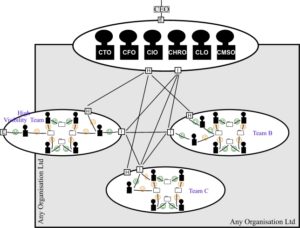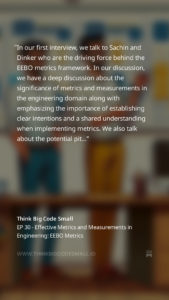Introduction
OKR (Objectives and Key Results) is a goal-setting framework that has gained popularity in recent years. It is a simple and effective way to align individual and team objectives with organizational goals. However, like any other framework, OKR has certain limitations that should be taken into consideration. In this blog post, we will discuss the three main limitations of OKR.
Lack of Flexibility
One of the limitations of OKR is its lack of flexibility. The framework is designed to be simple and easy to implement, which is one of its biggest strengths. However, this simplicity can also be a drawback in certain situations. For example, if a company’s goals and objectives change frequently, OKR may not be the best option as it does not allow for quick adjustments. OKR requires a significant amount of planning and coordination, which can be a hindrance in fast-paced environments.
Overemphasis on Short-Term Goals
Another limitation of OKR is its overemphasis on short-term goals. The framework is designed to be used on a quarterly or yearly basis, which can lead to a focus on short-term objectives rather than long-term goals. This can be problematic for companies that need to focus on long-term growth and sustainability. Additionally, OKR may not be suitable for projects that require a longer timeframe to complete. In such cases, a more flexible framework that allows for longer-term planning may be more appropriate.
Excessive Focus on Metrics
The third limitation of OKR is its excessive focus on metrics. OKR is a data-driven framework that relies heavily on metrics to measure progress and success. While metrics are important, they can also be misleading. Focusing solely on metrics can lead to a narrow focus on achieving specific targets rather than the broader picture. This can result in teams prioritizing the achievement of specific metrics over the overall success of the project or organization.
Conclusion
Despite its limitations, OKR is still an effective goal-setting framework that can help organizations achieve their goals. However, it is essential to understand its limitations and use it appropriately. Organizations should evaluate their goals, timelines, and data-driven strategies before deciding to implement OKR. By doing so, they can ensure that OKR is the right fit for their organization and can help them achieve their objectives in the most effective way possible.
Written in collaboration with Generative AI tech using Notion.so. Cover art generated using midjourney.com.



